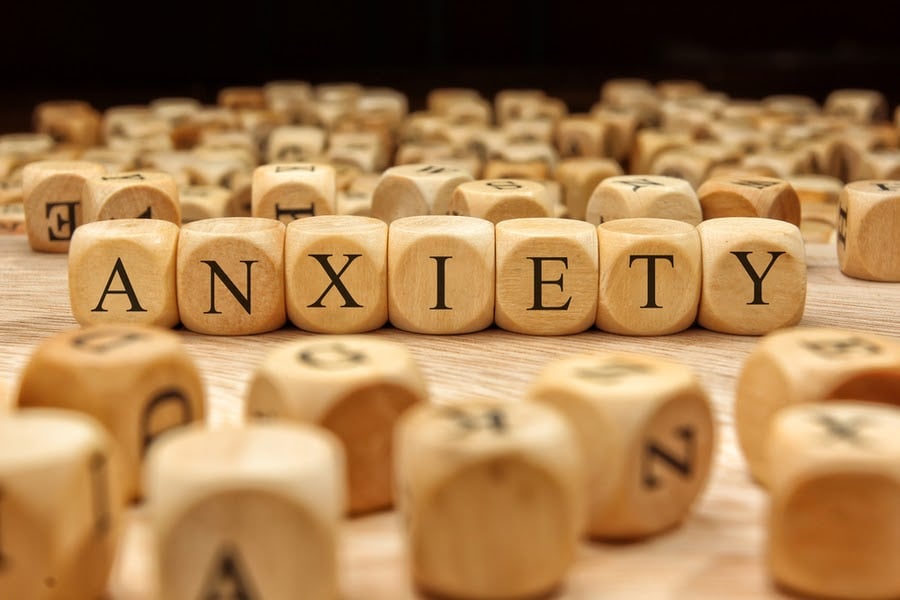
As I think about the past week--a week in which I grew increasingly agitated and anxious due to the spread of the Coronavirus and the threat of COVID-19--I realized some difficult things about myself.
I realized that there are four things that I do not handle well:
- Forced changes in routine/plans. My life is chaotic at times, sure, but to have the basic structure of a week interrupted is extremely off-putting for me.
- Restricted movement. Being stuck anywhere is difficult for me. Whether it’s a car in the shop or being stuck at home for other reasons, I don’t like the feeling of being trapped.
- Physical pain. I have dealt with daily, crippling chronic pain for years. A part of my daily routine is hydromassage at my local gym. Without this massage, I am extremely limited by back and hip pain.
- Greater-than-usual uncertainty. We all deal with a certain level of uncertainty in our lives. We don’t ever know for sure what will happen in the future, but we also rely on other people and institutions that have demonstrated that they are always there for us. When those things are put in jeopardy, I feel an enormous sense of uncertainty.
Any one of these things is stressful, but they are not overwhelming. Together, though, they can seem unbearable. While these fears and struggles I have are extremely isolating, a simple search on the internet reveals that I am anything but alone in this. Millions of people are going through the same things, just in slightly different ways.
- Schools and businesses are closed.
- Quarantine and shelter in place orders are in effect globally.
- Millions who rely on physical therapy or chiropractic services to manage pain are finding offices closed.
- Even more are finding themselves out of work and are now food or housing insecure.
We are being collectively traumatized by circumstances that are beyond our control. We are all experiencing unprecedented levels of outside stressors right now. While I might think that a glass of wine to unwind after a stressful day is a good coping mechanism, it's not the healthiest way to deal with the level of stress we’re currently experiencing.
Below are some of the best ways to reduce stress and anxiety during the Covid-19/Coronavirus pandemic.
KNOW THAT IT IS OKAY OK TO HAVE ANXIETY

Feeling stressed and/or anxious is not failure. It is not weakness. You are not alone, despite the quarantine and isolation. These feelings may be difficult, but they are not unusual.
The first step to mastering your anxiety is to recognize what it is when it happens. Instead of ignoring it and letting it build up and take over, simply note the anxiety as soon as you feel the buzzing in your heart, the spinning in your brain: This is anxiety. [1]
When we do this, we are taking control back from anxiety. We are putting ourselves back in control. [2] Anxiety is an emotional response to an anticipated future threat. And while there’s a lot of panic around the general idea of the coronavirus itself, we can usually get more specific about what we’re truly concerned with, as I outlined above. We may not feel anxious about the same things, but this crisis is likely ticking off some of our boxes.
I may not be able to do anything about the larger issues that are causing me to feel anxious, but I can learn to take control of my emotions away from anxiety, and place them back under my own power, freeing me to focus on what I can control.
DON’T BE AFRAID TO ASK FOR HELP
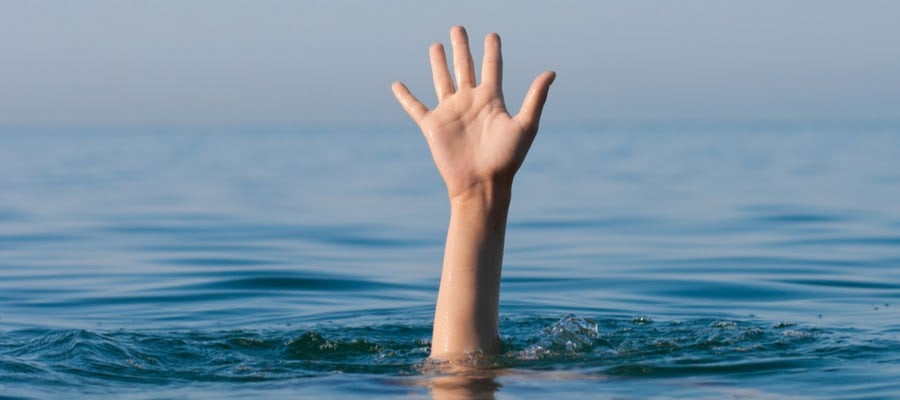
Dr. Harriet Lerner, a psychologist and author, said, “We are here to help each other out, so avoid being a do-it-yourselfer when you’re not qualified. Grab some other clear-thinking person to ask what she thinks or what he would do about stockpiling food, or taking that plane trip, or talking to little Billy about what’s going on with grandma in the hospital and his school being closed. You may choose not to follow the advice you seek, but it’s essential to have other perspectives.” [3]
Technology has made connection with others possible, even when in quarantine or isolation. There are places online like Reddit and Dischord where people are offering support to each other, and listening to each other unburden themselves. There are localized groups on Facebook where you can find local support, possibly even physical goods like food or medicine.
Many churches and counselors have moved to online formats for the foreseeable future, so you can experience worship and prayer from home, or easily find a therapist that will talk to you via phone or an app like Zoom or FaceTime.
MANAGE YOUR MEDIA DIET. AVOID “DOOMSURFING”
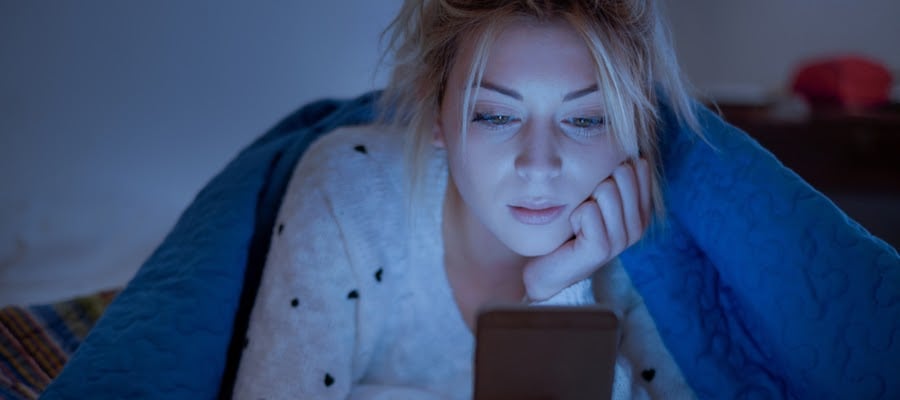
There’s a fine line between staying informed and feeling overwhelmed by the news. In times like these, the tendency is to almost drown in the news. Research has shown that in natural disasters or terrorist events, as people’s media exposure increases, so does their distress.
I saw this perfectly described online this past week as “doomsurfing.” This is when we cannot seem to stop ourselves from reading the bad news for hours on end.
While you shouldn’t avoid the news entirely, Joshua Morganstein, Chair of the American Psychiatric Association’s Committee on Psychiatric Dimensions of Disasters says that it’s important to “dial down our exposure to media content.”
This is particularly true about social media, which can be vague or sensationalized. Rely on trusted forms of communication, such as the Centers for Disease Control and the World Health Organization, he says, and give yourself a break from the news and social media from time to time. [4]
PRACTICE MINDFULNESS AND OTHER CALMING PRACTICES
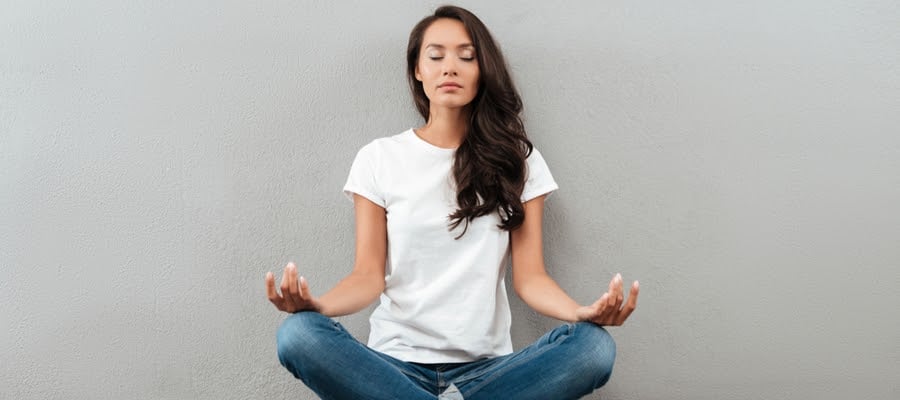
While escaping our feelings and emotions through distractions such as alcohol or constant snacking or binge-watching movies and TV is tempting in times like these, it is not good for us in the long run. We need to consume things like alcohol and snacks and TV in moderation, and make sure to take care of ourselves.
According to doctors at Johns Hopkins University in Baltimore, mindful meditation can help ease psychological stresses like anxiety, depression, and pain. [5] To get a sense of mindfulness meditation, you can try one of the guided recordings by Dr. Ronald Siegel, an assistant clinical professor of psychology at Harvard Medical School. They are available for free at www.mindfulness-solution.com. [6]
WATCH YOUR DIET, AND EXERCISE DAILY
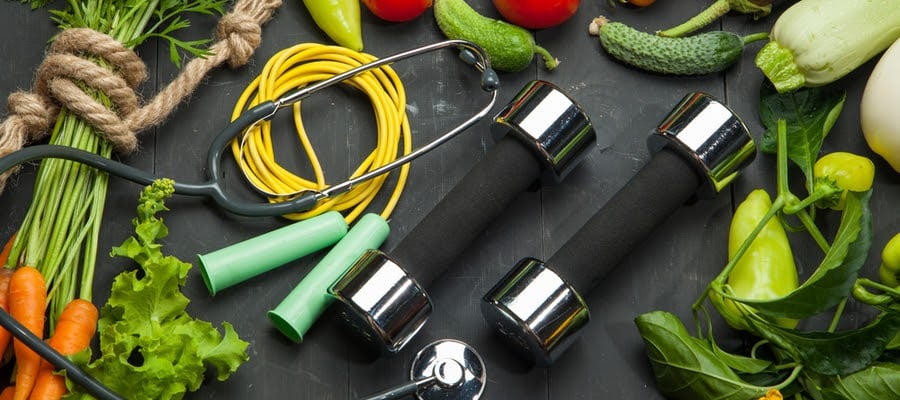
Caffeine has even been associated with increased feelings of anxiety, so it might be a good idea to wean yourself off of it during this crisis. But, if you are thinking about reducing the amount of caffeine you consume, it is important to start by gradually decreasing your intake. Abruptly eliminating caffeine can lead to withdrawal symptoms, such as headaches, restlessness, and irritability. Keep in mind that you may be consuming caffeine in products other than coffee, such as soda, tea, and chocolate.
Other substances, including sugar and alcohol, counterintuitively, have also been found to increase feelings of anxiety.
Stress reduction can also be achieved through physical exercise. Maintaining a regular exercise routine has been associated with improved mood, enhanced self-esteem, and increased energy levels. The numerous benefits of exercise can also help alleviate many of the symptoms associated with panic and anxiety.
Physical exercise for panic and anxiety can assist in reducing the body’s physical reaction to anxiety. In some cases, exercise can even help to reduce the frequency and intensity of panic attacks. Exercise can also be a powerful way to release built-up physical and mental tension while reducing feelings of fear and worry. [7]
REMEMBER THAT WE WILL MAKE IT THROUGH THIS
We are living through something unprecedented and scary, but we will make it through. We at RapidWristbands.com hope that this article will help you make this time of quarantine and isolation bearable, and we’ll see you on the other side of this mess.
~~~~~~~~~~~~~~~~~~~~
[1] https://www.vox.com/identities/2020/3/21/21188362/manage-anxiety-pandemic
[2] https://www.psychologytoday.com/us/blog/anxiety-zen/201502/anxiety-is-mindfulness-problem
[3] https://www.nytimes.com/2020/03/18/smarter-living/coronavirus-anxiety-tips.html
[4] https://www.cnbc.com/2020/03/13/how-to-stay-calm-amid-coronavirus-pandemic-anxiety-relief-tips.html
[5] https://jamanetwork.com/journals/jamainternalmedicine/fullarticle/1809754
[6] https://www.health.harvard.edu/blog/mindfulness-meditation-may-ease-anxiety-mental-stress-201401086967
[7] https://www.verywellmind.com/diet-exercise-and-anxiety-2584062
.png)
.png)
.png)

.png)
.png)

.png)
.png)
.png)
.png)
.png)
.png)
.png)
.png)
.png)
.png)
.png)
